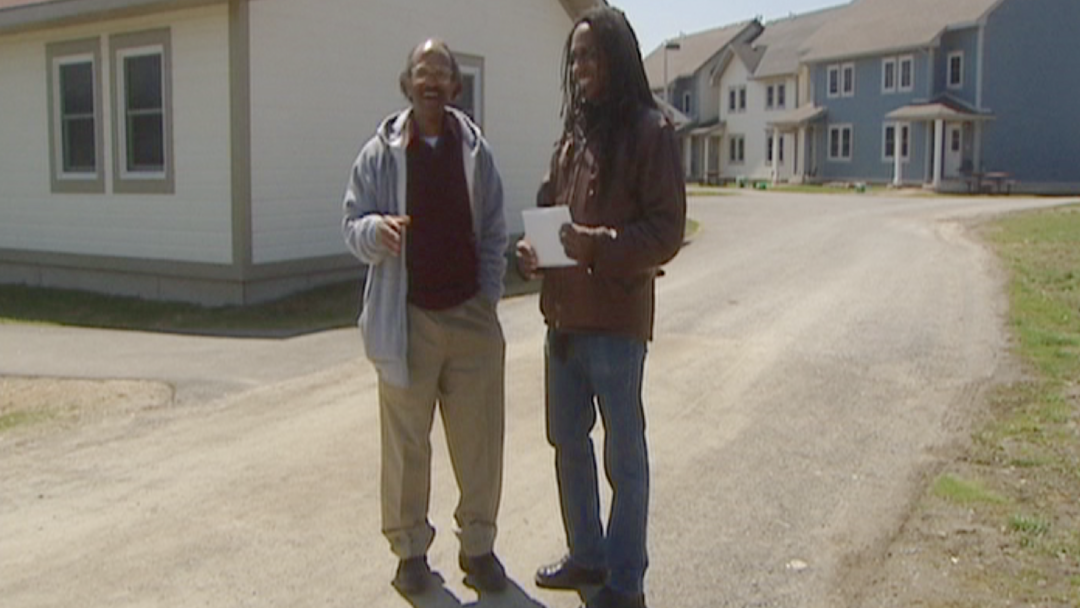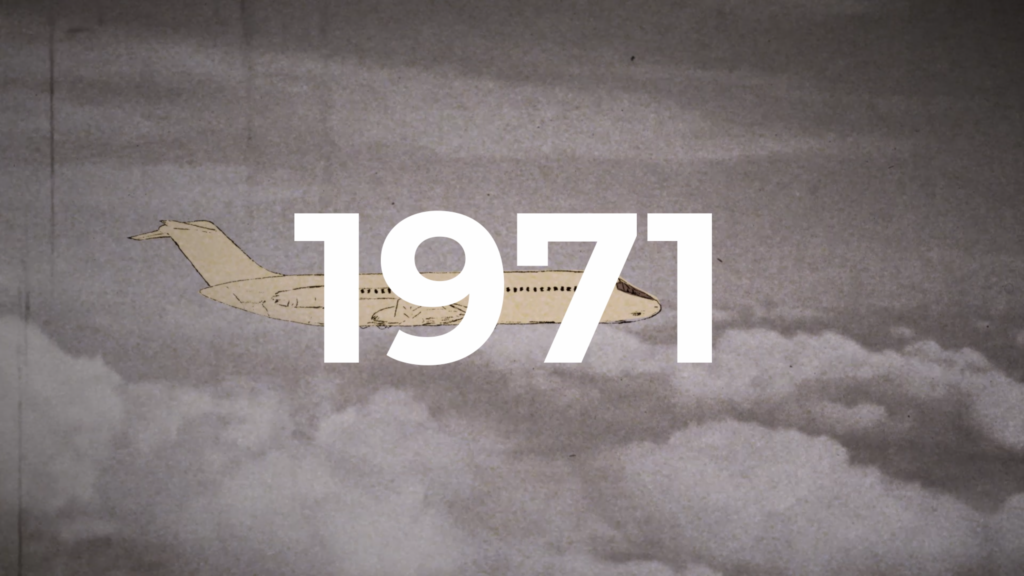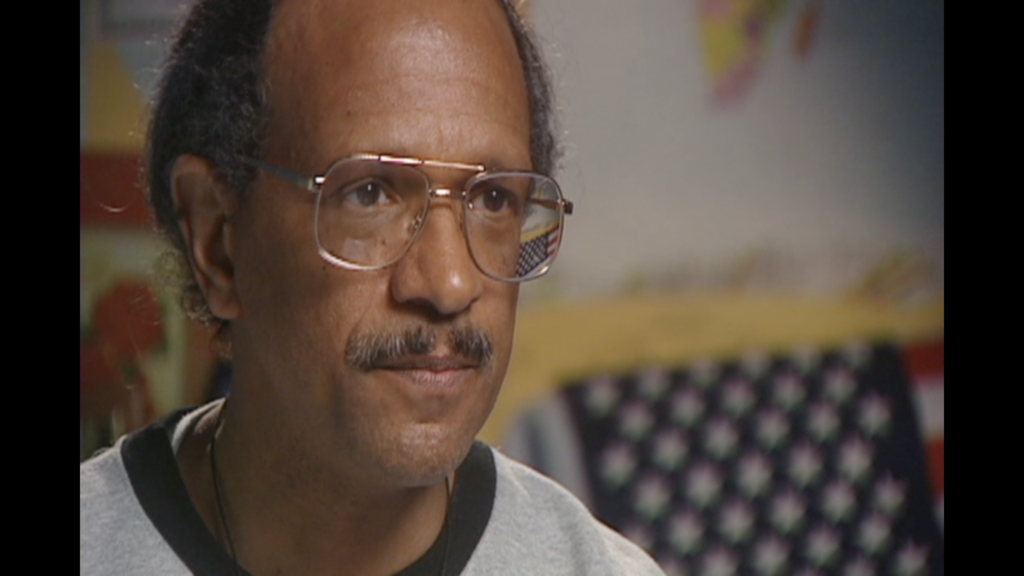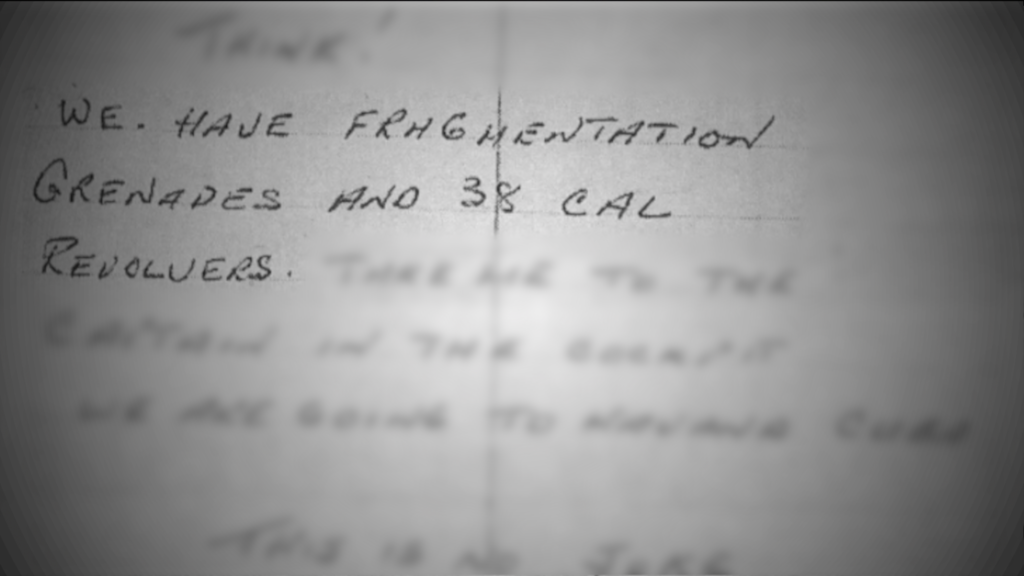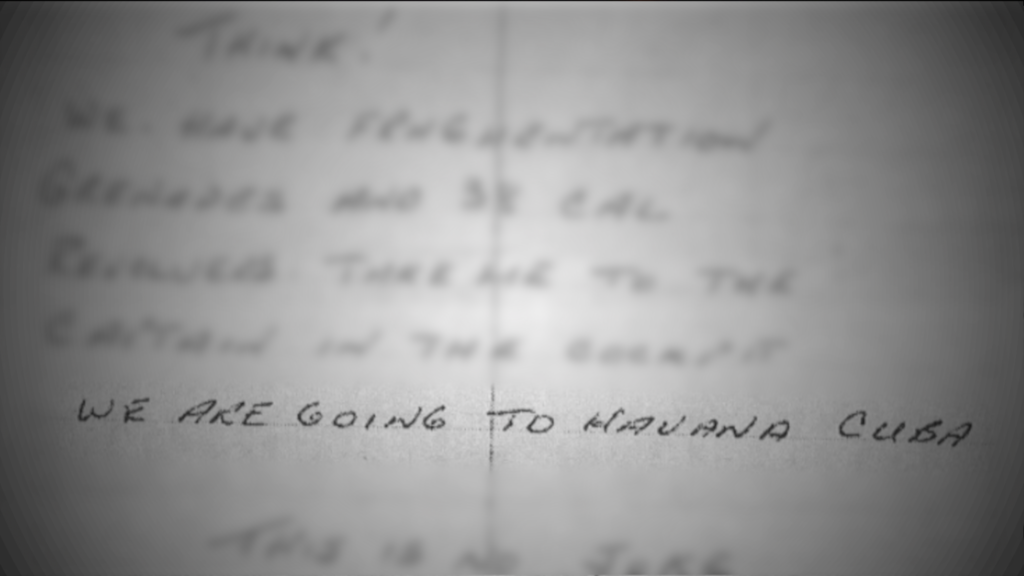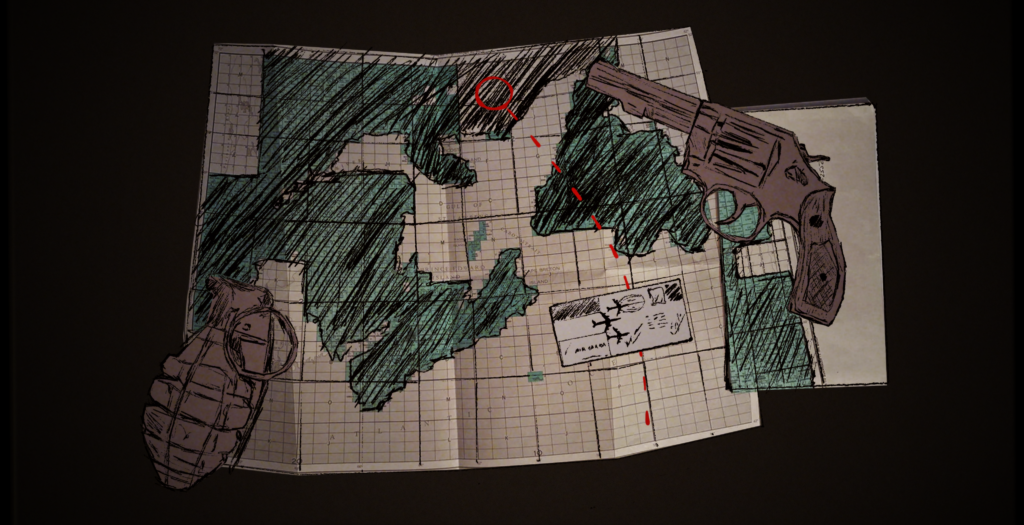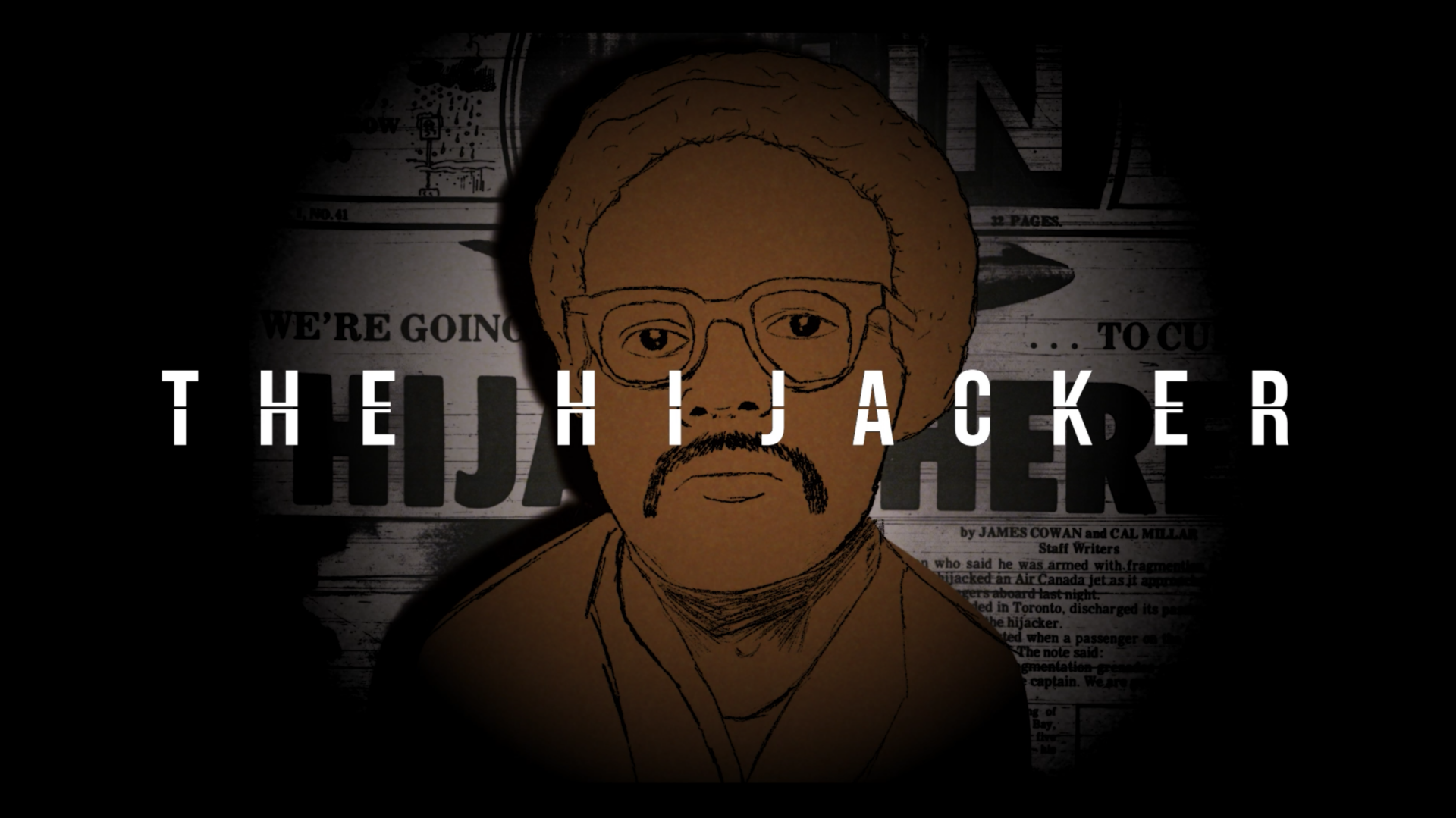
The Hijacker is a 90-minute animated and archival documentary about the life and times of Patrick Critton, a member of 1960’s Black militant organization Republic for New Afrika, who hijacked an Air Canada jet to Cuba in 1971. Critton was arrested thirty years later in New York, days before 9/11, by a U.S.-Canadian anti-terrorism taskforce.
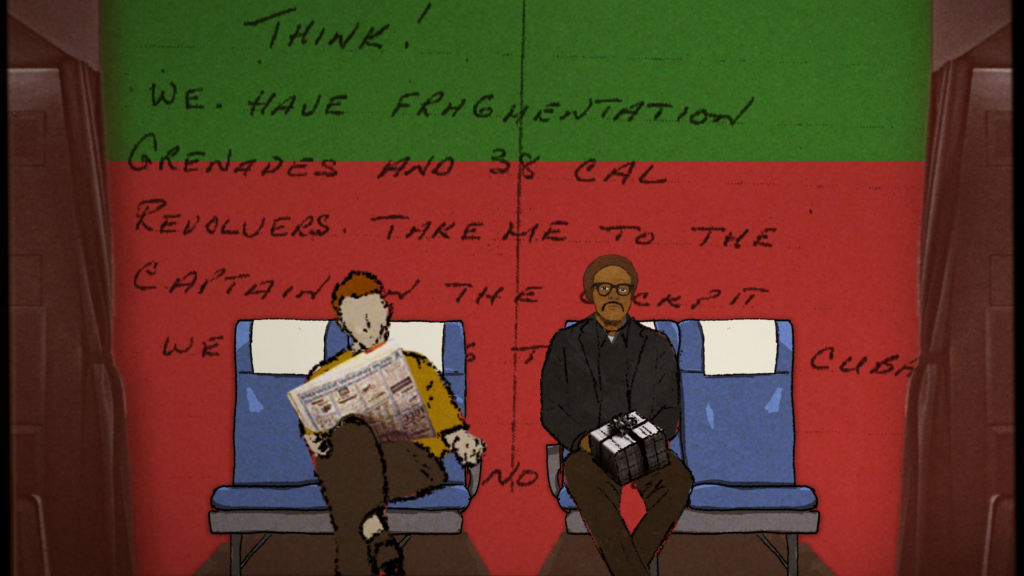
Synopsis
The Hijacker is part detective story, part true crime thriller, part examination of America over the last sixty years. Patrick Critton’s story is an odyssey defined by militancy in the name of Black liberation. The film will utilize archival footage, interviews, and cinema verité footage to bring Patrick’s life to the screen. Animation will illustrate Patrick’s first-person accounts, taking viewers to moments in his history that were not — nor could have ever been — filmed.
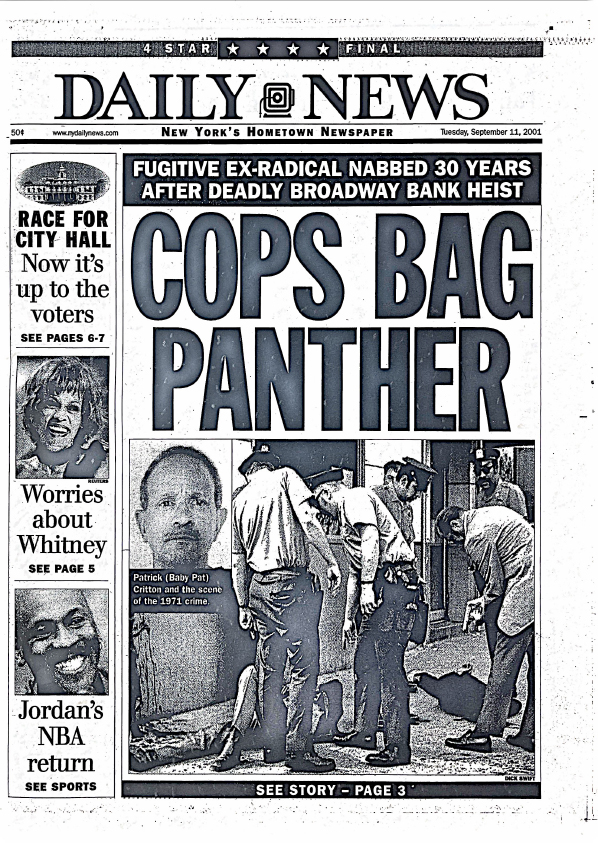
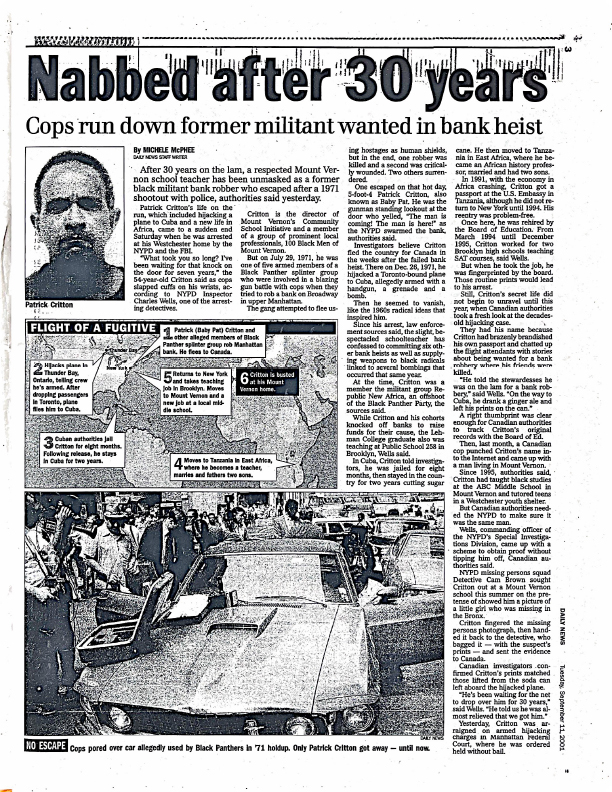
MARCO WILLIAMS
Filmmaker's Statement
The making of The Hijacker has been a twenty-plus year journey. I met Patrick Critton in a Canadian prison in 2003. With modest support from the Canadian Broadcasting Corporation, I was able to film Patrick in prison. Upon his release, I conducted additional interviews with him. Despite having the only access to this true crime story, the project was met with silence. I came to realize that it was too soon after 9/11 for a film about a hijacker, about a freedom fighter.
It is my hope that now, in 2024 and beyond, a film about an event from fifty years ago can offer insight on the past and to recent and contemporary moments — from Black Lives Matter to students occupying campuses, to international protests demanding an end to autocratic regimes in society. The Hijacker is a ‘true crime’ story that can draw in audiences that might otherwise decline the opportunity to review and reexamine the 1960s/1970s where individuals and movements, throughout the world, sought to transform their condition — colonialism, oppression, racism, injustice. In this way, The Hijacker will allow me a broader impact than my other films.
